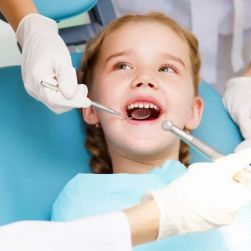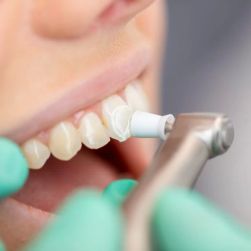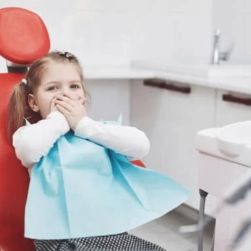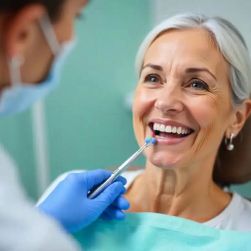As our bodies age, various health challenges become more prevalent, and oral health is no exception. Among the many dental concerns, gum disease, or periodontal disease, is especially significant for the elderly population. The Centers for Disease Control and Prevention (CDC) states that nearly 70% of adults aged 65 and older have periodontal disease, highlighting its prevalence among seniors. Understanding the increased susceptibility to this condition is crucial for promoting better health outcomes and improving the quality of life for older adults. In this article, we delve into whether elderly individuals are indeed more prone to gum disease, exploring the reasons behind this trend and offering actionable advice for prevention and management.
Age-Related Changes in Oral Health
The aging process naturally brings changes to various body systems, including the oral cavity. Reduced saliva production, a common issue among the elderly, significantly impacts oral health. Saliva acts as a natural cleaner for the mouth, washing away food particles and neutralizing acids produced by plaque. With less saliva, bacteria can thrive, leading to an increased risk of gum inflammation and disease. Additionally, as people age, gum tissue might naturally recede, exposing more of the tooth root to harmful bacteria and increasing susceptibility to periodontal disease. These age-related changes underscore the need for specialized oral care approaches as individuals grow older.
Medication and Systemic Health Conditions
Many elderly individuals take one or more medications daily, which can influence oral health. Certain medications, such as antihypertensives and antidepressants, list dry mouth (xerostomia) as a side effect, further exacerbating the risk of periodontal disease. Additionally, systemic health conditions prevalent in older adults, such as diabetes and cardiovascular diseases, have been linked with increased periodontal disease risk. Diabetes in particular impairs the body's ability to heal and fight infections, making it easier for gum disease to take hold. Therefore, understanding the interplay between medications, systemic health, and oral conditions is vital in managing gum health in the elderly.
Oral Hygiene Practices and Accessibility
Maintaining good oral hygiene is challenging for many seniors due to physical limitations or cognitive impairments that accompany aging. Difficulties in performing daily oral care tasks, like brushing and flossing, can lead to increased plaque buildup and gum disease. Furthermore, access to dental care can be an obstacle. Economic factors, transportation issues, or a lack of dental insurance might prevent regular dental visits, hindering timely identification, and treatment of gum disease. Emphasizing the importance of adaptive oral care tools and community resources can help bridge these gaps, supporting better gum health among elderly populations.
Biological Factors and Genetic Predisposition
Biological factors also play a role in the heightened risk of gum disease in older adults. Genetic predisposition can influence an individual's susceptibility to periodontal disease, regardless of age. However, the cumulative effect of a lifetime of oral health practices and genetic factors can become more pronounced in older age. Research indicates that some individuals have a genetic predisposition that affects the body's inflammatory response to bacteria, making them more susceptible to severe periodontal disease. Therefore, understanding one's genetic risk can be beneficial in taking proactive steps towards gum disease prevention.
Conclusion: Prioritizing Senior Oral Health
In conclusion, elderly individuals are indeed more prone to gum disease due to a combination of age-related changes, medication effects, systemic health issues, challenges in maintaining oral hygiene, accessibility to dental care, and biological factors. Addressing these concerns requires a multi-faceted approach involving regular dental check-ups, tailored oral hygiene practices, and awareness of medication side effects. At Dentistry Toothtruth, we advocate for comprehensive senior oral health programs that involve caregivers, healthcare providers, and the elderly themselves in maintaining optimal gum health. By prioritizing oral health in older adults, we can ensure their overall well-being and improve their quality of life.
For those looking after elderly loved ones, or seniors themselves aiming to maintain good oral health, we recommend scheduling regular dental visits, consulting healthcare providers about medication effects on oral health, and implementing adaptive tools for better daily oral hygiene. With these preventative strategies, we can combat the onset and progression of gum disease, ensuring healthier smiles for years to come.






